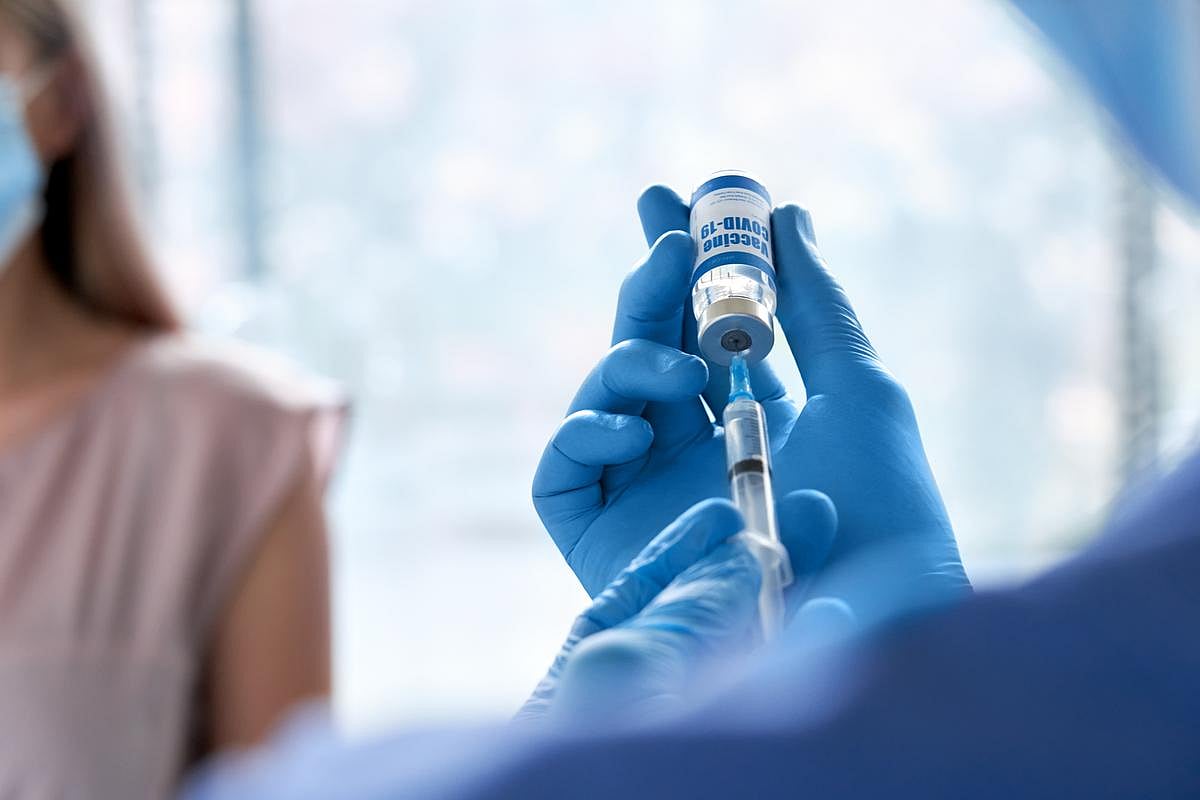Get Healthy!

- Posted October 11, 2024
Government Crackdowns Can Cripple Bogus Stem Cell 'Cures' Industry
Hucksters offering bogus stem cell treatments can be deterred through government action, a new study says.
About 60% of direct-to-consumer advertising from fly-by-night stem cell clinics ceased after regulators in Canada and Australia intervened, researchers noted in the journal Cell Stem Cell.
“The actions taken by national regulators in Australia and Canada are encouraging,” co-author Leigh Turner, director of the University of California-Irvine Center for Health Ethics, said in a news release. “They suggest that targeted enforcement actions can lead to a significant decrease in the number of clinics marketing unproven stem cell interventions.”
Stem cells can be manipulated by doctors to become many different types of cells, such as skin, muscle or blood cells. Because of this, they are being tested as a means of treating many different types of disease and injury.
Cuurrently. stem cell treatments are approved for only a limited number of conditions, generally blood cancers and immune disorders, according to the International Society for Stem Cell Research.
Despite this, operations have proliferated around the world that offer purported stem cell "cures" for problems as wide-ranging as joint pain, long COVID, neurological disorders, heart and lung illnesses, autism, fatigue and blindness, according to the U.S. Food and Drug Administration.
In the U.S., the number of stem cell clinics grew from about 350 businesses in 2016 to nearly 1,500 in 2021, researchers said in background notes.
Much of this expansion has been from businesses claiming they spin down stem cells from a patient’s blood then reinject them as a wonder cure.
Unfortunately, this procedure can sometimes cause severe infections in people if the cells become tainted during processing, with no miracle cure.
“Interventions marketed by these facilities have in some cases caused serious physical and financial harms to patients, while also harming efforts to conduct credible clinical research,” Turner said. “The lack of convincing evidence that these products are safe and work as advertised is alarming.”
For this study, researchers monitored direct-to-consumer online advertising in Canada and Australia during a five-year period.
During that time, Australia banned advertising of stem cell treatments and charged the national health care regulatory agency with monitoring these products.
Canada also took action, sending “cease and desist” letters to clinics offering unproven treatments.
As a result, by 2023 only 12 businesses in Australia and three in Canada continued to offer stem cell treatments, researchers found.
By comparison, the U.S. stem cell marketplace has continued to expand, despite dozens of warning letters issued by the FDA, researchers noted.
“We don’t know whether comparable responses by regulators elsewhere might work in other countries, or if more forceful actions such as financial penalties and criminal prosecutions will be needed, but we are heartened by what we found studying regulatory responses in Canada and Australia,” Turner said.
More information
The International Society for Stem Cell Research has more on approved versus bogus stem cell treatments.
SOURCE: University of California-Irvine, news release, Oct. 8, 2024






